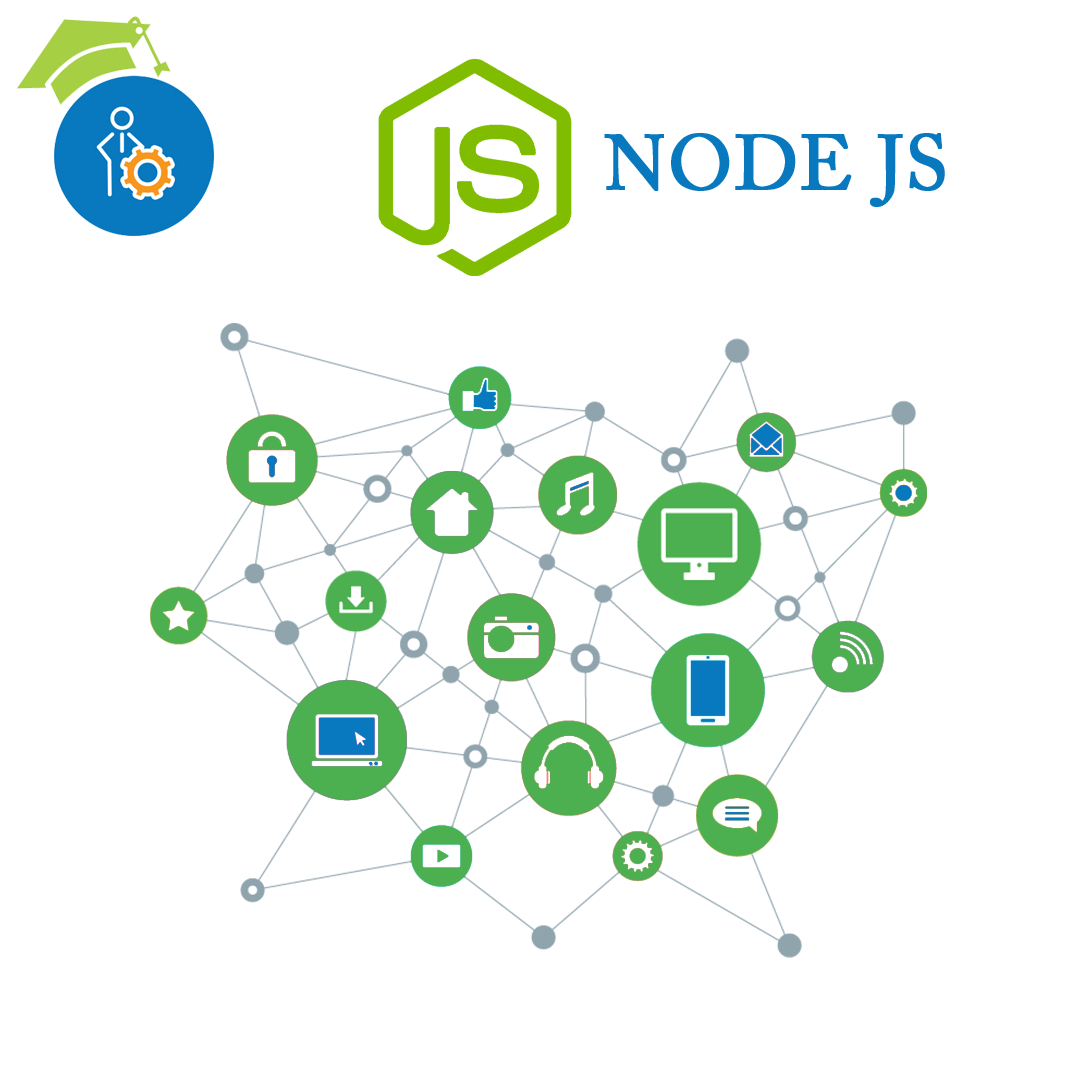Node JS

Dinesh Raju
Experience: 15+ Years




 4.9/5
4.9/5
Course Description
Node.js is an open-source, cross-platform JavaScript runtime environment that allows developers to build server-side and networking applications. It is built on Chrome’s V8 JavaScript engine and uses an event-driven, non-blocking I/O model, making it efficient and lightweight. Node.js enables developers to write server-side code using JavaScript, traditionally a client-side scripting language, which unifies the language used across the entire application stack.
Key features and characteristics of Node.js include:
Asynchronous and Event-Driven: Node.js uses an event-driven architecture, which means that most APIs in Node.js are asynchronous, allowing multiple operations to be executed concurrently. This design pattern is particularly well-suited for I/O-bound applications, such as web servers.
Non-blocking I/O: Node.js operates on a non-blocking, single-threaded event loop, allowing it to handle concurrent connections efficiently without getting blocked by I/O operations. This architecture makes Node.js highly scalable and ideal for handling a large number of simultaneous connections.
Fast Execution: Node.js leverages the V8 JavaScript engine, which is known for its high-performance execution of JavaScript code. This allows Node.js applications to run with excellent speed and efficiency.
NPM (Node Package Manager): Node.js comes with a built-in package manager called npm, which provides access to a vast ecosystem of open-source libraries and tools. npm simplifies dependency management and enables developers to easily integrate third-party modules into their projects.
Cross-Platform: Node.js is designed to run on various operating systems, including Windows, macOS, and Linux, providing developers with flexibility in deployment options.
Scalability: Node.js is highly scalable due to its non-blocking, event-driven architecture. Developers can easily scale Node.js applications horizontally by adding more nodes to a cluster or vertically by upgrading hardware resources.

